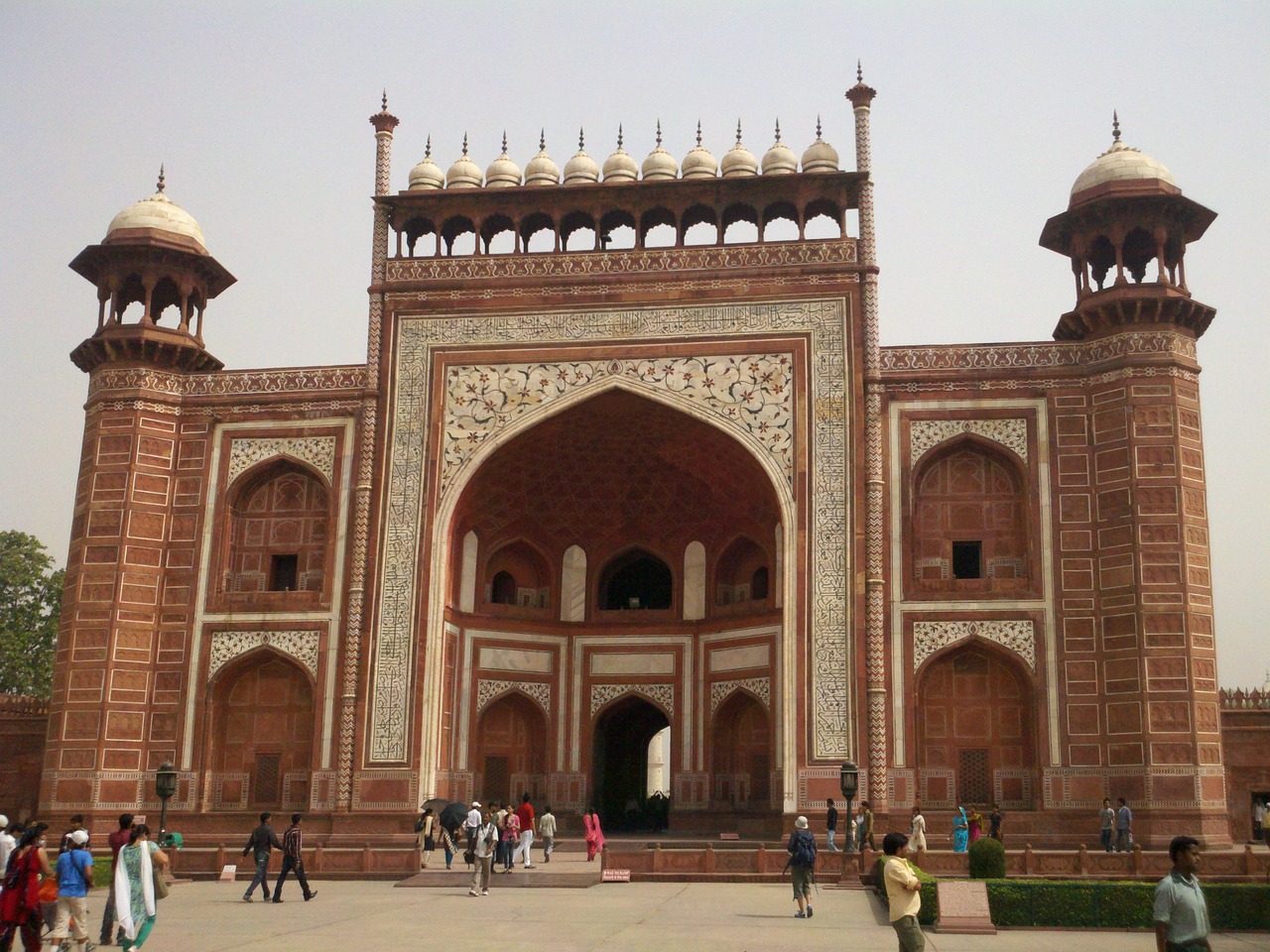Political Polarization: Bridging the Divide in Elections
Political differences are often oversimplified, leading to common misconceptions. It is crucial to understand that individuals on opposite ends of the political spectrum may not always adhere to all the beliefs associated with their respective ideologies. Assuming that all conservatives or liberals hold the same views can prevent meaningful dialogue and mutual understanding.
Another misconception is that political differences are solely rooted in personal values and beliefs. While these play a significant role, external factors such as socioeconomic status, education level, and life experiences also shape one’s political stance. Recognizing the complexity of factors influencing political ideologies can help create a more nuanced understanding of diverse viewpoints.
The Role of Media in Fueling Political Divide
Media plays a crucial role in shaping public opinion and influencing political beliefs. With the rise of 24-hour news cycles and social media platforms, individuals are bombarded with a constant stream of information and viewpoints. As a result, people often gravitate towards media sources that align with their existing beliefs, creating echo chambers where differing opinions are disregarded or discredited.
Moreover, the sensationalism and polarization perpetuated by certain media outlets contribute to the widening political gap between individuals. By emphasizing conflict and controversy over nuanced discussions, media platforms often prioritize entertainment value over providing accurate and unbiased information. This can further polarize society by reinforcing stereotypes and demonizing opposing viewpoints.
• Media plays a crucial role in shaping public opinion and influencing political beliefs.
• Individuals are bombarded with a constant stream of information and viewpoints from 24-hour news cycles and social media platforms.
• People often gravitate towards media sources that align with their existing beliefs, creating echo chambers where differing opinions are disregarded or discredited.
• Sensationalism and polarization perpetuated by certain media outlets contribute to the widening political gap between individuals.
• Media platforms often prioritize entertainment value over providing accurate and unbiased information, emphasizing conflict and controversy over nuanced discussions.
Understanding the Psychological Factors Behind Polarization
Political polarization is a complex phenomenon shaped by a variety of psychological factors. One key influencer is the human tendency to seek out information that aligns with preexisting beliefs, a concept known as confirmation bias. Individuals often gravitate towards sources that reinforce their viewpoints, inadvertently reinforcing and deepening ideological divides.
Furthermore, cognitive dissonance plays a significant role in polarization. When individuals encounter information that contradicts their beliefs, they may experience discomfort and actively seek to diminish or dismiss that conflicting information. This tendency to minimize cognitive dissonance can further entrench one’s existing beliefs and contribute to a polarized worldview.
What are some common misconceptions about political differences?
Some common misconceptions include assuming that all individuals within a certain political group think the same way, and believing that political differences are solely based on rational reasoning rather than underlying psychological factors.
How does the media contribute to fueling political divide?
The media can contribute to political polarization by presenting information in a biased manner, promoting sensationalism over objective reporting, and perpetuating stereotypes about individuals with differing political beliefs.
What psychological factors contribute to polarization?
Psychological factors such as cognitive biases, social identity theory, and the need for belonging and validation can all play a role in fueling polarization by influencing how individuals perceive and interact with those who hold different political beliefs.







